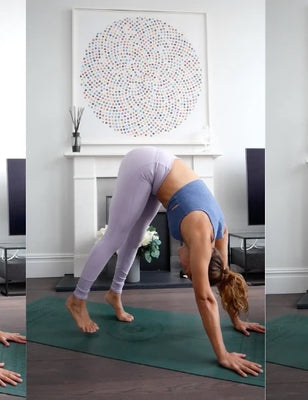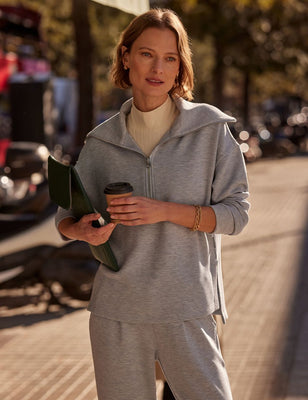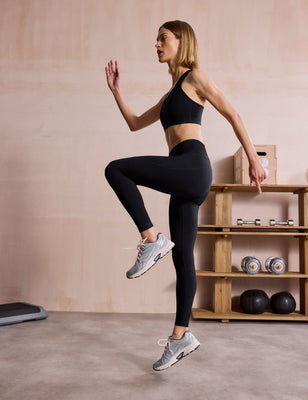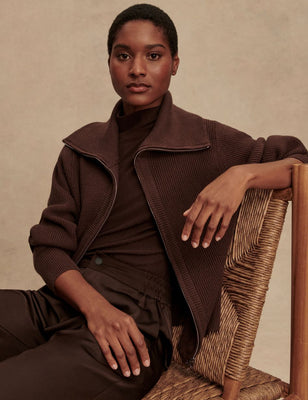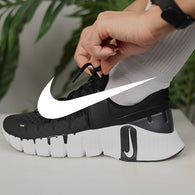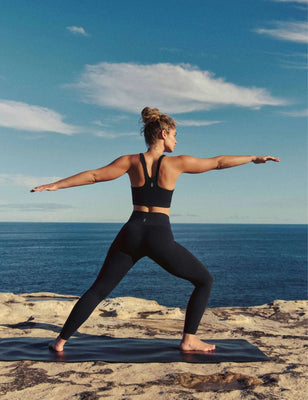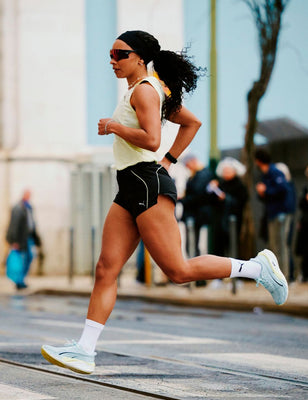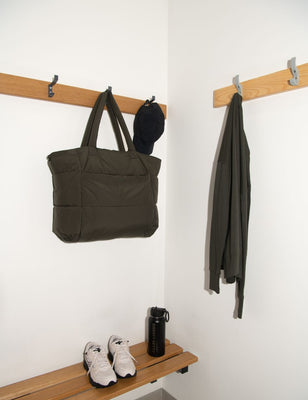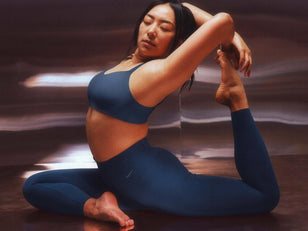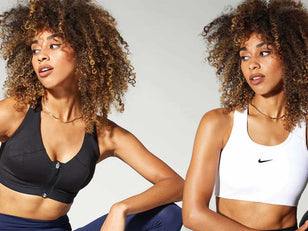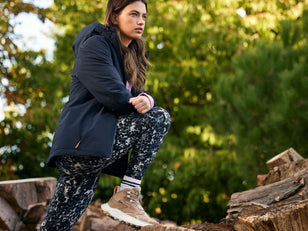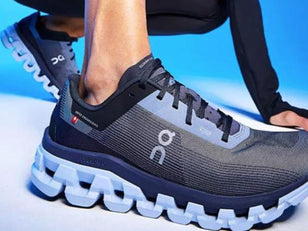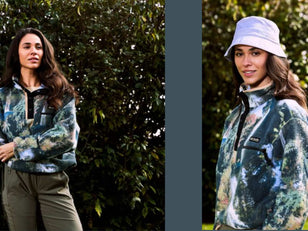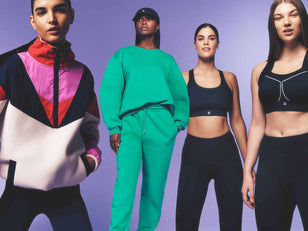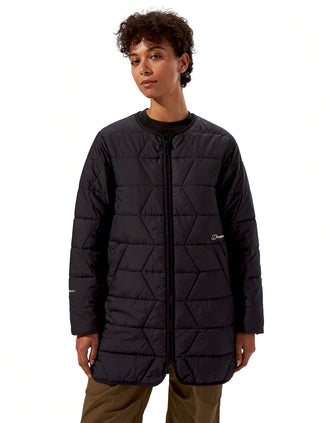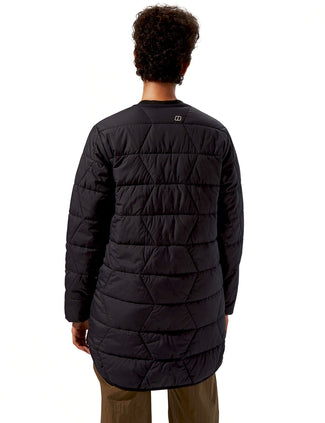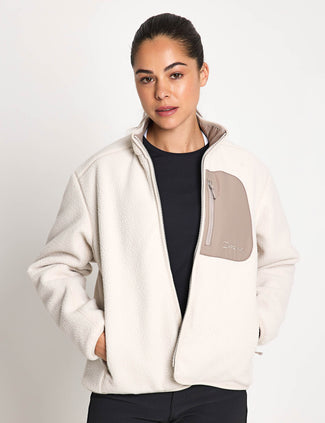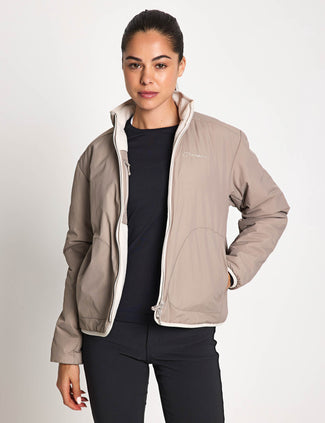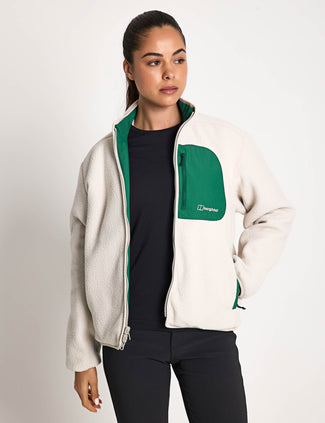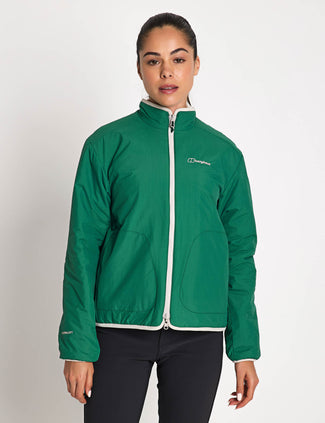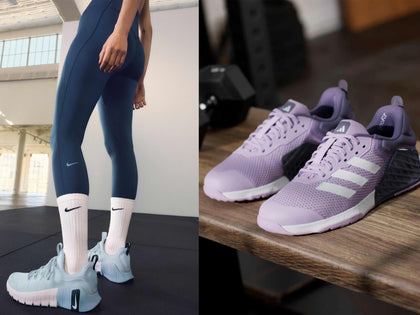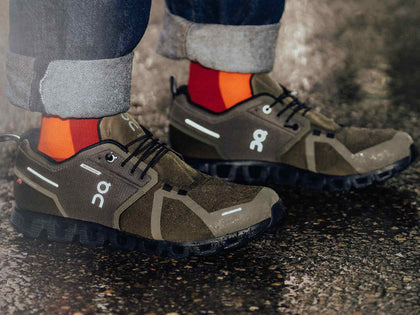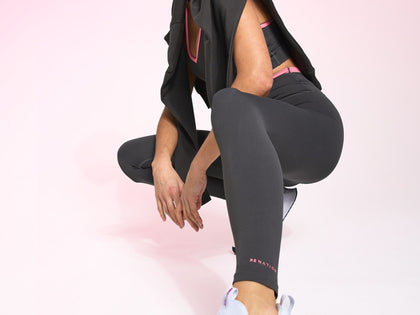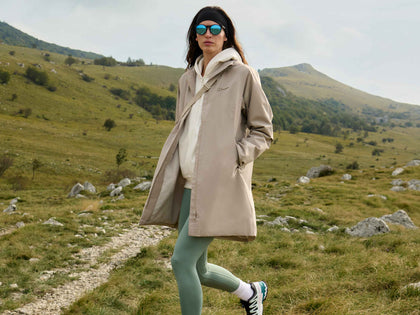Words by Annie Zimmerman
A picture speaks a thousand words. In this day and age, the phrase has become more meaningful than ever. We live in an era where our online personas communicate more about our lives than real interaction. People often say to me, ‘you’re doing so many cool things at the moment’, completely ignoring the fact that I’ve just whined to them for an hour about how bored I am with my job. The information projected by our carefully chosen Tweets and Instagram posts seems to trump our actual experiences. It doesn’t matter if it rained throughout your holiday, if the bikini snaps are decent, you had a good time right? I remember spending far too much time as a teenager trying to ensure I was photographed at the cool parties, just so people knew I was there. Even worse, when no one uploaded any photos of me onto Facebook, it truly felt like I hadn’t attended at all. It seems that in a time of judgement and social comparison, we need evidence of our social interactions and positive experiences. Otherwise we simply feel invalidated.
It’s safe to say that food and fitness take precedence as the leading Instagram topic. Across the world, we are vastly over sharing our diets and exercise routines. The trend for ‘what I actually eat in a day’, where influencers vlog every morsel they ingest, is a prime example. Why do they feel the need to relay such dull information? Even more worryingly, why do I feel compelled to watch them? The only thing to gain from knowing what others are eating is an overwhelming sense of inadequacy. It’s virtually impossible to allow yourself to enjoy your daily three o’clock chocolatey indulgence when your Instagram feed is filled with beauty gurus who have managed to only consume a glass of lemon water and a 200 calorie soup.
This illusion that someone else is more successful leaves us feeling like chronic failures. There will always be someone healthier, skinnier, glowy-ier than you, and now, with a few clicks of a button we can access all of their secrets. It’s no wonder that fitness experts and wellness bloggers make their millions through social media; they hold the key to a ‘better you’, who is a thinner and more glamorous, with none of the insecurities that currently plague you.
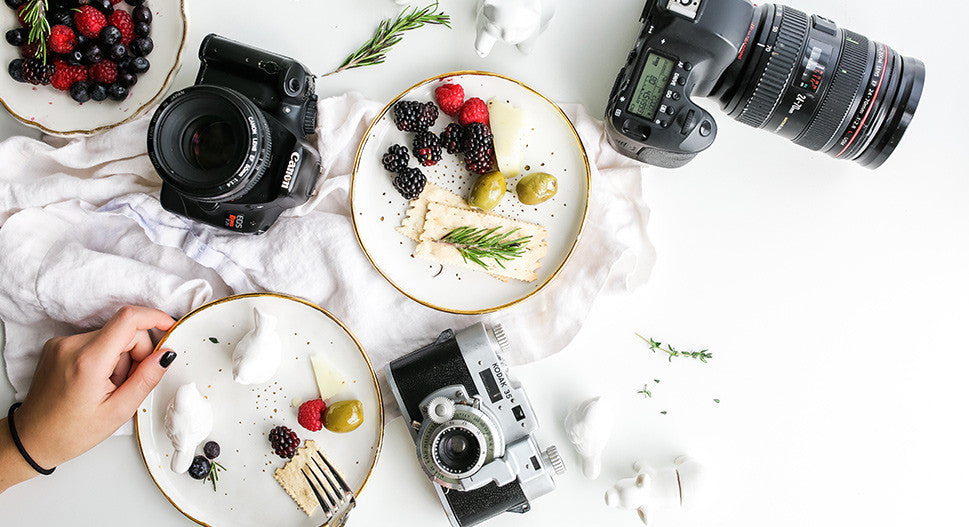
If you take Instagram at face value, you’d think the world found healthy eating a doddle. In reality, in our obesogenic environment, staying slim is hard. No one can exercise perfect self-control or consistently detox and deny themselves of the foods they love. If they can, many would call that orthorexia. Even those with seemingly impeccable diets and meticulously plated dishes probably have their off days beyond the lens. In my wildest fantasies I imagine Deliciously Ella secretly devouring a greasy fish and chips, before uploading yet another photo of her spiralised courgetti.
We all know nobody is perfect. That beauty goddess who only ate the soup may well be riddled with self-doubt and anxiety. I know I’ve refrained from sharing pictures of guilty, night time binges, mostly because they tend to involve weird combinations of unappetizing foods, but also because I was ashamed and afraid of sharing anything that wasn’t my best self. We’ve been given the power to literally filter out the imperfections that make us human. It’s in our nature as a highly social species to want people to think the best of us, but it feels like we’re losing control of reality. Charlie Brooker’s dystopian Black Mirror Episode, ‘NoseDive’, paints a particularly interesting analysis of a social-media led world, in which people become so obsessed with over sharing, everything they do, eat and think is carefully orchestrated to improve their online persona.
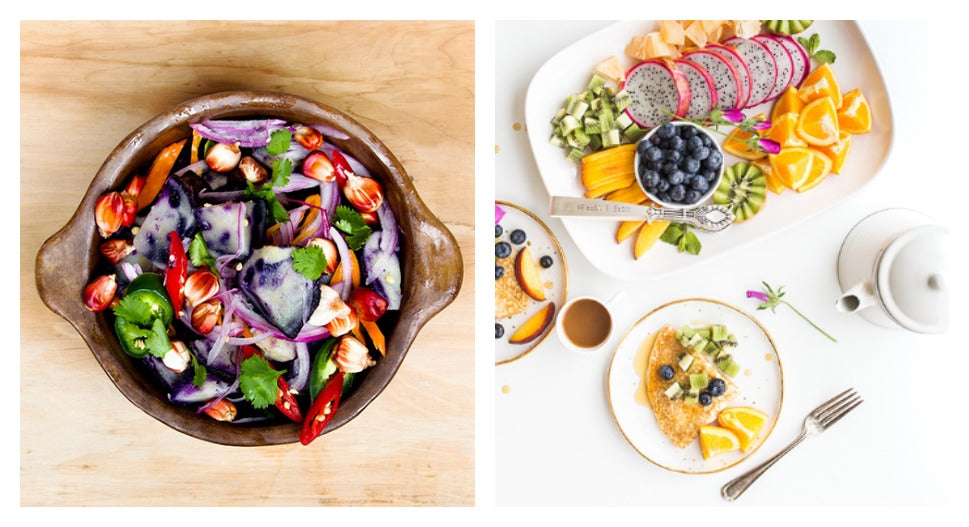
Using your diet and exercise habits to impress other people can have devastating effects on our relationship with food. Only you can determine your relationship with food, no one else should be involved. You should eat for yourself, not for the approval of others. The fear of constant judgement can really inhibit you from being allowed to truly enjoy food. Similarly, you should exercise because it makes you feel good, not so you can post a picture of your perfectly sculpted hard abs.
To fully comprehend the subtle effects that social media has on my own relationship with food, I decided to take a social media hiatus. I quickly got out of the habit of photographing my food and made meals just for myself. Granted, the food I ate was much less pretty and I probably experimented a little less. But overall the benefits outweighed the consequences. I’ve felt a huge sense of relief at not having to pretend I had a perfect diet. I happily ate a big pile of meaty roast dinner without fearing what my online vegetarian peers might think. Silencing these voices of judgement allowed me to be less self-critical about the many occasions where I failed to eat whole, raw or vegan.
Until this point I hadn’t quite realised the effect that food sharing was having on me. It was only by removing the third member from this relationship that was I able to focus on how I feel about my food. I’m not necessarily saying we should all go cold Turkey; social media has its place in the food industry and can also be a successful weight loss tool. What I would encourage you to do is stop taking social media so seriously. It literally couldn’t be less important whether or not ‘Glutenfreebabe4’ thinks your dinner is healthy enough. Eat for yourself. When it comes to your relationship with food, no one matters but you.
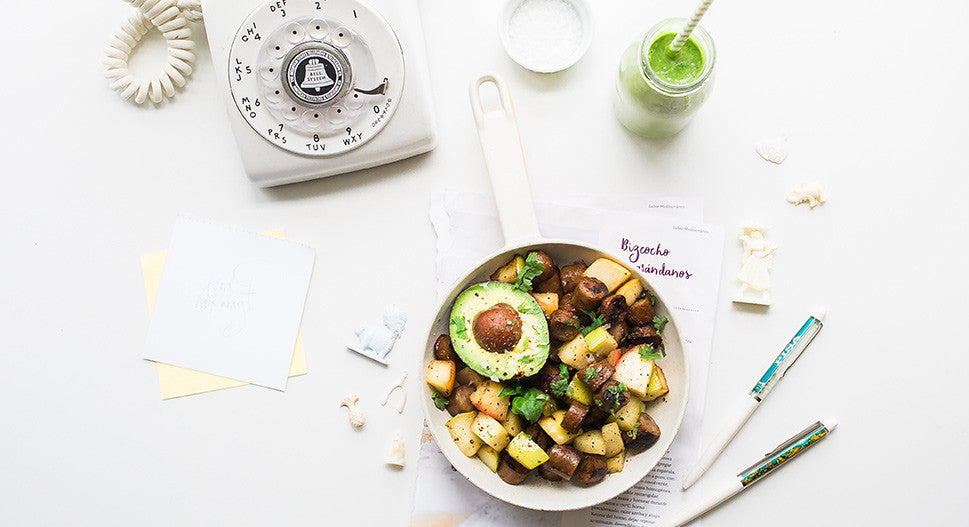
Annie is the founder of The Thinking Kitchen, a blog about psychology and food. She's studying PhD in Nutrition and Behaviour at the University of Bristol, having completed a Masters in Psychological Research at the University of Oxford, researching eating disorders and emotion processing. She is interested in trying to use our scientific understanding of psychology to improve our emotional relationships with food.







